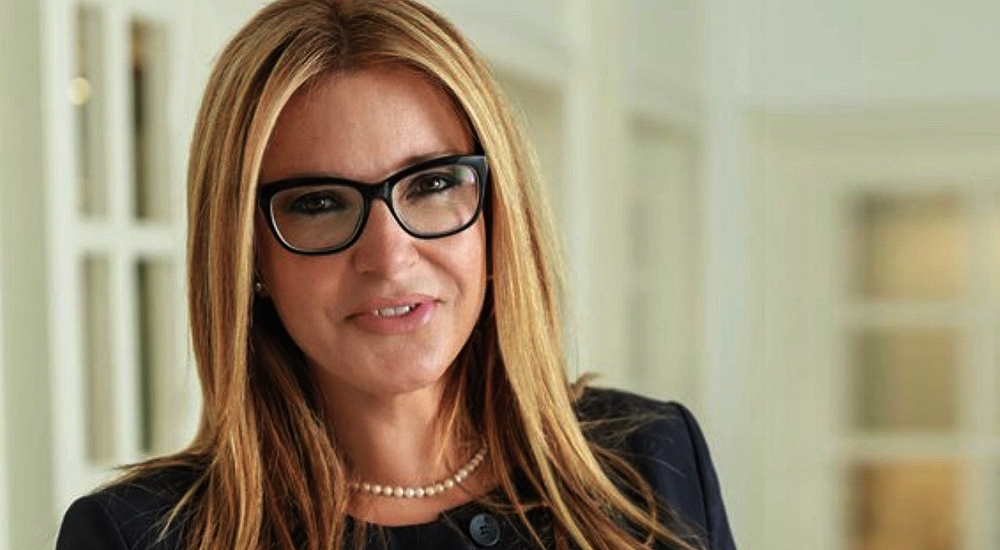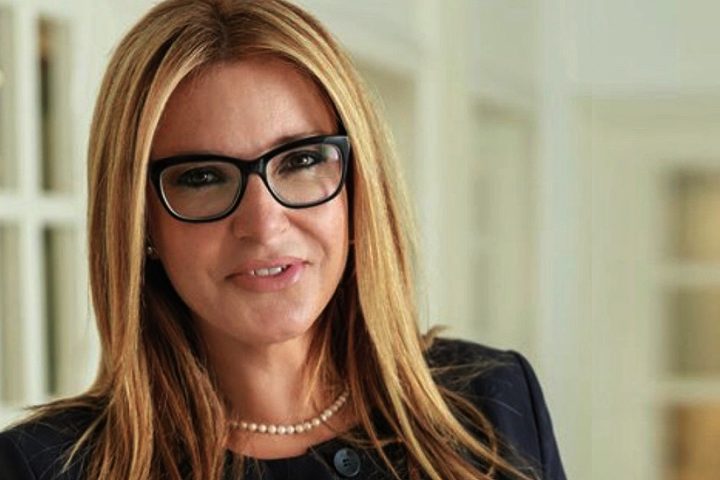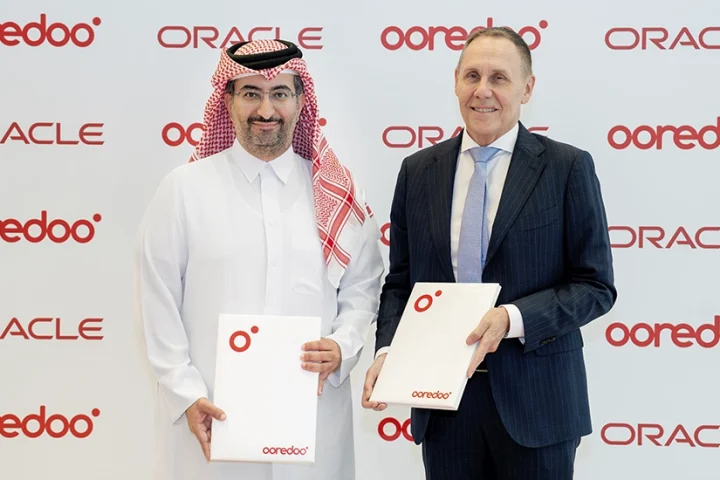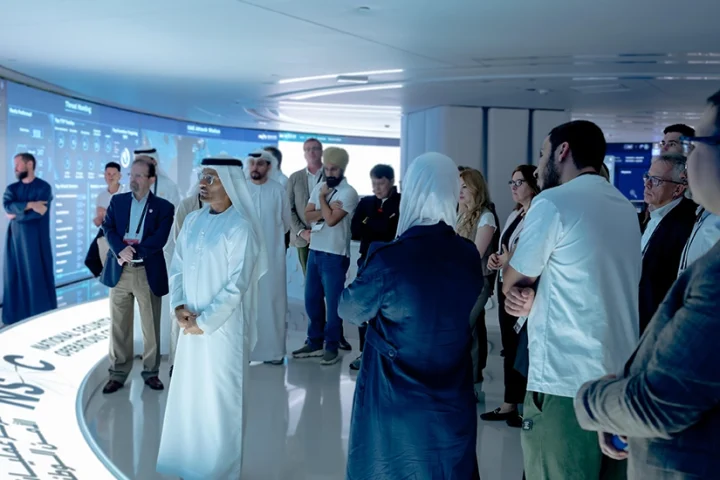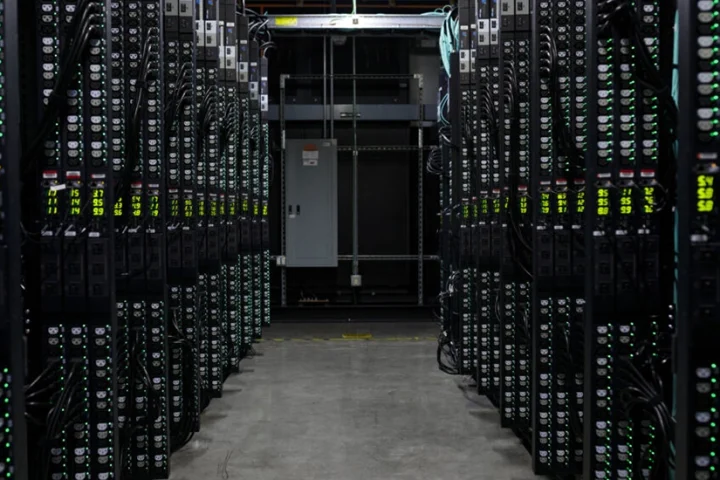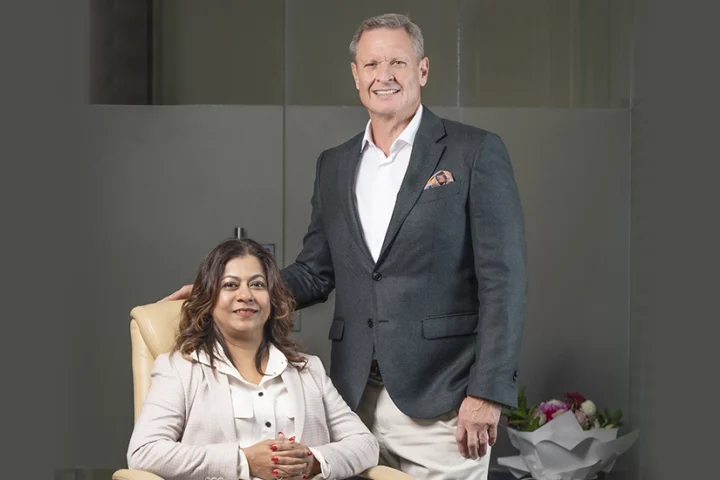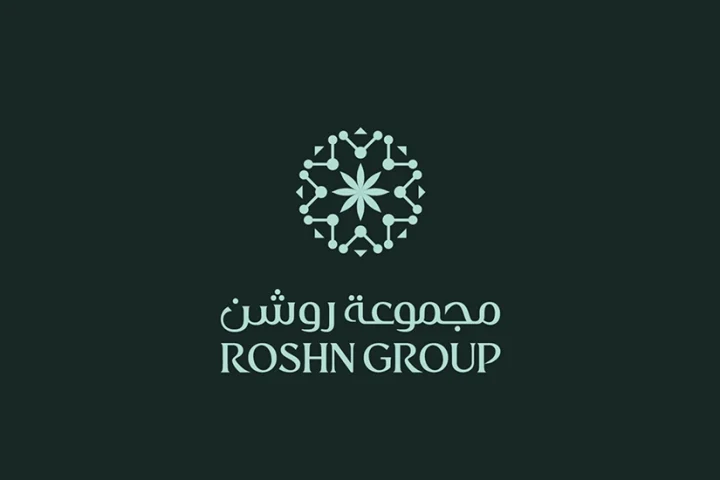The UAE is home to over 200 nationalities, with people from all over the world living and working across the Emirates. This means that most companies in the UAE have a diverse mix of employees from different nationalities and cultures, which can enrich the working environment.
If you manage a team made of up people from many cultures, you will know the competitive advantage that comes from having an array of languages, characteristics, knowledge, ideas and working styles in your arsenal. And, thanks to flexible working becoming the new normal, it is becoming possible for employers to hire talent from different corners of the world.
At the same time, to really get the most out of this special dynamic, a cross-cultural management style is needed, particularly if members of your team are based in different time zones. Here are some tips for formidable international teamwork.
Multiculturalism
Make it clear from the offset that, as an international team, it is a given that all employees will maintain an open mindset to others’ cultural values and behaviours. This is especially important as the UAE celebrates the Year of Tolerance in 2019.
Emphasizing that multiculturalism is a key part of your team’s identity when interviewing candidates, and including it in your mission statement or branding, sets the tone for tolerance and attracts those who are willing to embrace the many benefits of a working with a diverse team of people.
While it is important to judge employees as individuals rather than products of their culture, it is still worth considering the various approaches to business etiquette and social interactions may differ. How these will play out in the overall group dynamic?
Where is there a potential for misinterpretation? Where are the chances to play to different strengths? Differences in humour, digital etiquette, such as the tone used in emails, the amount of small talk, or different levels of openness, all play into the way team members interpret the behaviour of others and what they bring to the group.
Where possible, it is worth holding a team-building session where employees can each describe their preferred working style, referring to their cultural traits when they feel it is relevant.
Time zones
If team members are based across various countries, continents and time zones, it can be challenging, as there is often not as much room for manoeuvre when it comes to scheduling group calls. The plus side of this is that it encourages you to create more structure and have a clear agenda for each meeting – which can sometimes get lost when you have the option to spontaneously huddle in the same physical space.
It is important to identify regular windows of time that are convenient for all parties to hold virtual meetings in, and sticking to these is essential.
And keep things fair, if a team member in Australia keeps having to jump on a late-night call, make sure the European team returns the favour, and takes its turn to speak at a convenient time for the Australia-based employee, too.
Tech tangles
The sophistication of video conferencing software makes it easier than ever to run a business with staff in different locations, and the consistent rise of global flexible working culture will only continue to create demand for it to keep improving.
At the same time, in the same way you would set up a physical meeting room, time is needed to avoid the frustrations of chaotic virtual meetings: dodgy Wi-Fi, people not knowing the conference code, people turning up late while everyone else waits
In advance of each meeting, send over an agenda so that everyone has time to prepare, that they are aware of how to connect and lead by example by being organised, consistent and well-versed in the video conferencing tech you would like people to use.
Common language
During a meeting, if two or more people start speaking to each other in a language another team member does not understand, it is extremely frustrating, and can lead to feelings of exclusion. Even if what was said is translated afterwards, there’s a sense of being the last to know information or missing a chance to bond over a joke.
Make it a rule that employees are free to use whichever language they choose during personal time and lunch breaks, for example, but during meetings, everyone must stick to an agreed common language.
At the same time, if your team’s common language is English, but most staff speak Arabic as their first language, arranging for the other team members to have access to Arabic language lessons is a fantastic idea for boosting your team’s connection.

Key takeaways
- Make it a rule, employees must stick to an agreed common language.
- In the same way you would set up a physical meeting room, time is needed for virtual meetings.
- Lead by example by being organized in the video conferencing you would like people to use.
- It is important to identify regular windows of time that are convenient for all parties to hold virtual meetings.
- A cross-cultural management style is needed, if members of your team are based in different time zones.
- As an international team, employees will maintain an open mindset to others’ cultural values and behaviour.
- It is important to judge employees as individuals rather than products of their culture.
- It is worth considering various approaches to business etiquette and social interactions.
- How these will play out in the overall group dynamic?
- It is worth holding a team-building session where employees can describe preferred working styles.
As technologies bring together teams in different countries, Katerina Manou from Regus, points to hidden strengths that can be leveraged in cultures.


